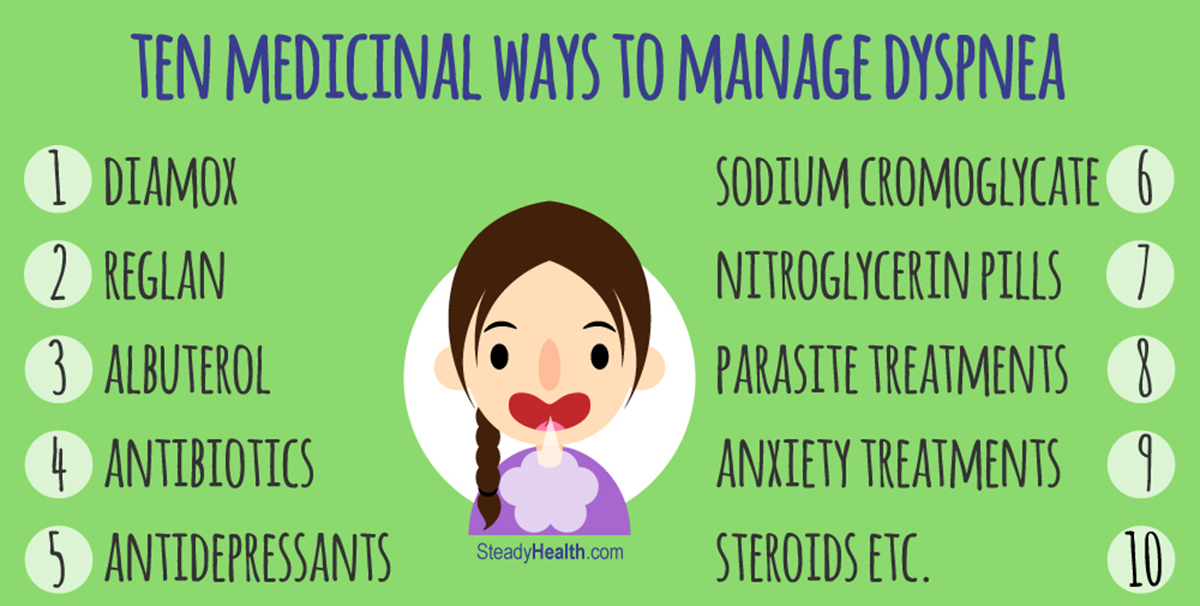

Dual diagnosis treatment can help an addict find healthy coping skills for anxiety management. Addicts find relief from anxiety through the use of drugs and alcohol. They also have an adverse impact on an individual’s occupational, educational and social functioning. This article was originally published on April 16, 2020, and has been updated with new data.Anxiety and anxiety-related disorders cause significant clinical and physical distress on the sufferer. Stay up to date with MarketWatch’s coronavirus coverage here. “We can prevent these deaths by taking meaningful and comprehensive action as a nation.” “Deaths of despair have been on the rise for the last decade, and in the context of COVID-19, deaths of despair should be seen as the epidemic within the pandemic,” the Well Being Trust researchers wrote. And a group of doctors from Boston Children’s Hospital and Harvard Medical School warned in an April report that pandemic stress and physical social distancing, combined with rising firearm sales, “could unleash a wave of suicide.” That’s led some mental health experts to warn about “deaths of despair.” A recent report from Well Being Trust and the Robert Graham Center for Policy Studies in Family Medicine and Primary Care suggested that the coronavirus pandemic could lead to an additional 27,644 to 154,037 Americans dying from drug and alcohol misuse or suicide, depending on how quickly the economy recovers. They also lead to more than $193 billion in lost earnings per year. Mental health conditions cost the health care system more than $200 billion a year, making it one of the country’s most expensive health conditions. adults reported experiencing a mental health condition in 2018, and the teen suicide rate climbed more than 50% over the past decade. That’s not surprising considering some 35.5 million Americans are out of work as non-essential businesses have temporarily closed, and COVID-19 cases have surpassed more than 5.51 million worldwide, with more than 346,000 deaths and climbing (although more than 2.2 million people have also recovered.)Īmerica was already in the grip of a loneliness epidemic and a mental health crisis even before the COVID-19 outbreak hit.
#Best medication for anxiety how to#
Read more: ‘We can get through this’: How to manage your mental health during the coronavirus pandemic Recent findings from the Axios/Ipsos Coronavirus Index also revealed that some 35% of Americans said their mental health had worsened during the pandemic, and 43% said their emotional well-being had also gotten worse. More than one in five people (22%) say their sleep quality has suffered since the coronavirus spread. Or consider the roughly 35.7 million Americans who live alone they have potentially had no meaningful social contact at all for the past few months as a large swath of the country has sheltered in place at home.


More than 4 in 10 Americans are feeling lonelier now than ever before as a result of social distancing during the coronavirus outbreak, according to a survey of 1,055 people commissioned by the University of Phoenix published in April.
#Best medication for anxiety series#
It’s the latest in a series of recent warnings about the implications of the COVID-19 pandemic on the public’s psychological health. “If you’ve lost your job, if you’re worried if you’ll have enough food for your kids, that will keep you up at night.” Nemeroff, professor and chair of the department of psychiatry at Dell Medical School at the University of Texas at Austin told the Journal. “This kind of chronic stress brings about, for all those people who have never had anxiety before, it sort of overwhelms them,” Charles B. ““If you’ve lost your job, if you’re worried if you’ll have enough food for your kids, that will keep you up at night.” ” And prescriptions for antidepressants like Lexapro and Prozac rose 9.2% from 27.2 million to 29.7 million in the same window. prescriptions for anti-anxiety medications such as Klonopin and Ativan jumped 10.2% from 8.8 million in March 2019 to 9.7 million in March 2020, according to a Wall Street Journal analysis of data from health-research firm IQVIA. “This analysis, showing that many Americans are turning to medications for relief, demonstrates the serious impact COVID-19 may be having on our nation’s mental health,” the report concluded. Valium that it recorded between 20, as well as the 11.3% decline in the use of anti-insomnia meds during that same window. Related: Suffering insomnia over the coronavirus? Having strange dreams? Here’s what to doĮxpress Scripts noted that this is a sharp u-turn from the 12.1% decline in the use of anti-anxiety meds like Pfizer’s Anti-anxiety drugs saw the biggest spike, jumping 34.1%, which was more than double the number of insomnia aids (14.8%), and almost twice as high as antidepressants (18.6%).


 0 kommentar(er)
0 kommentar(er)
